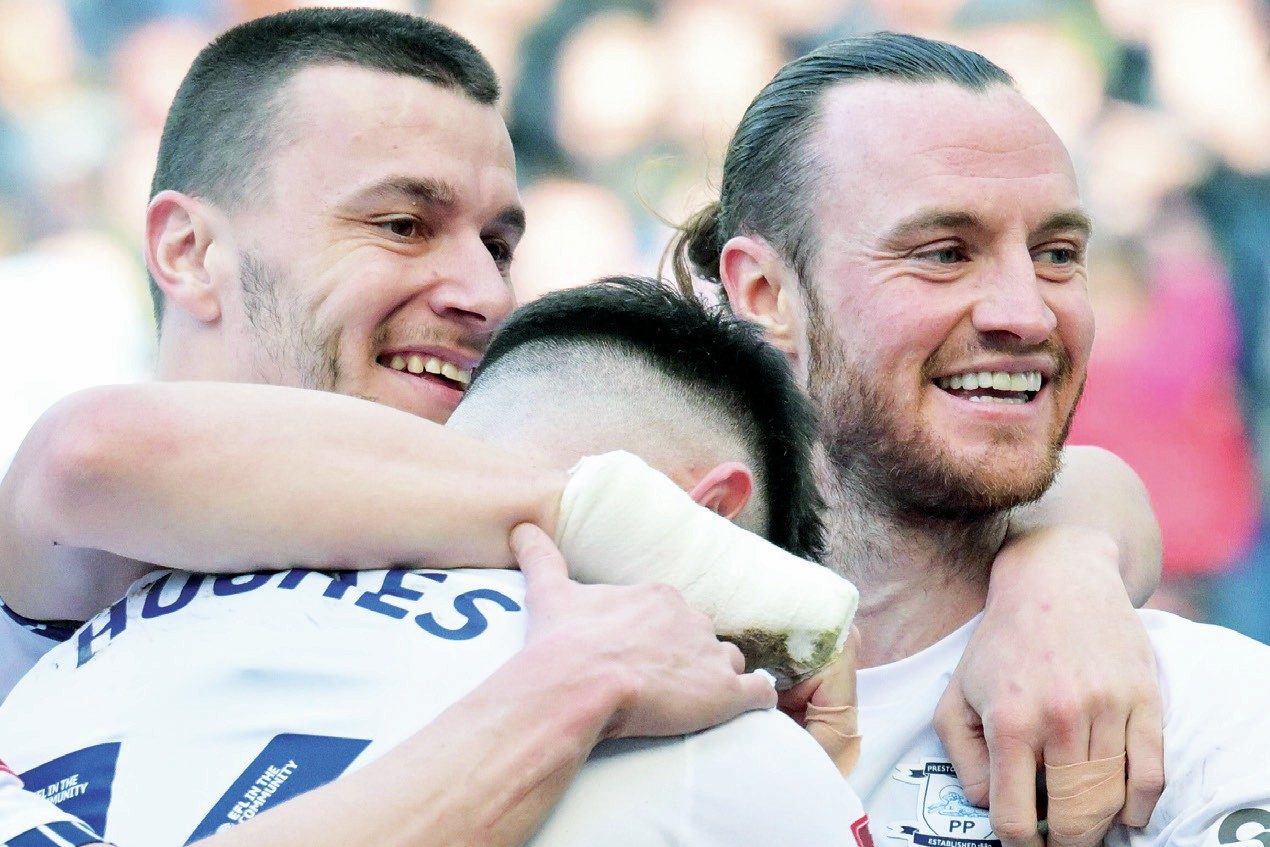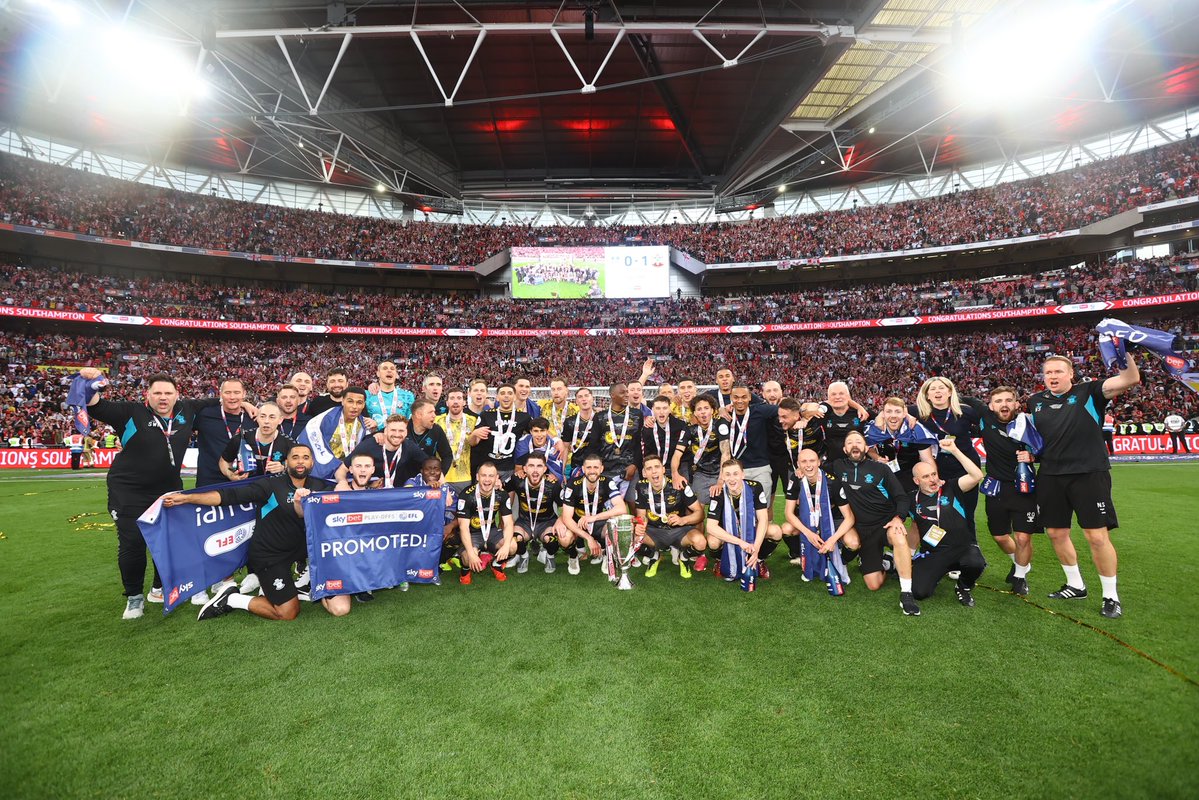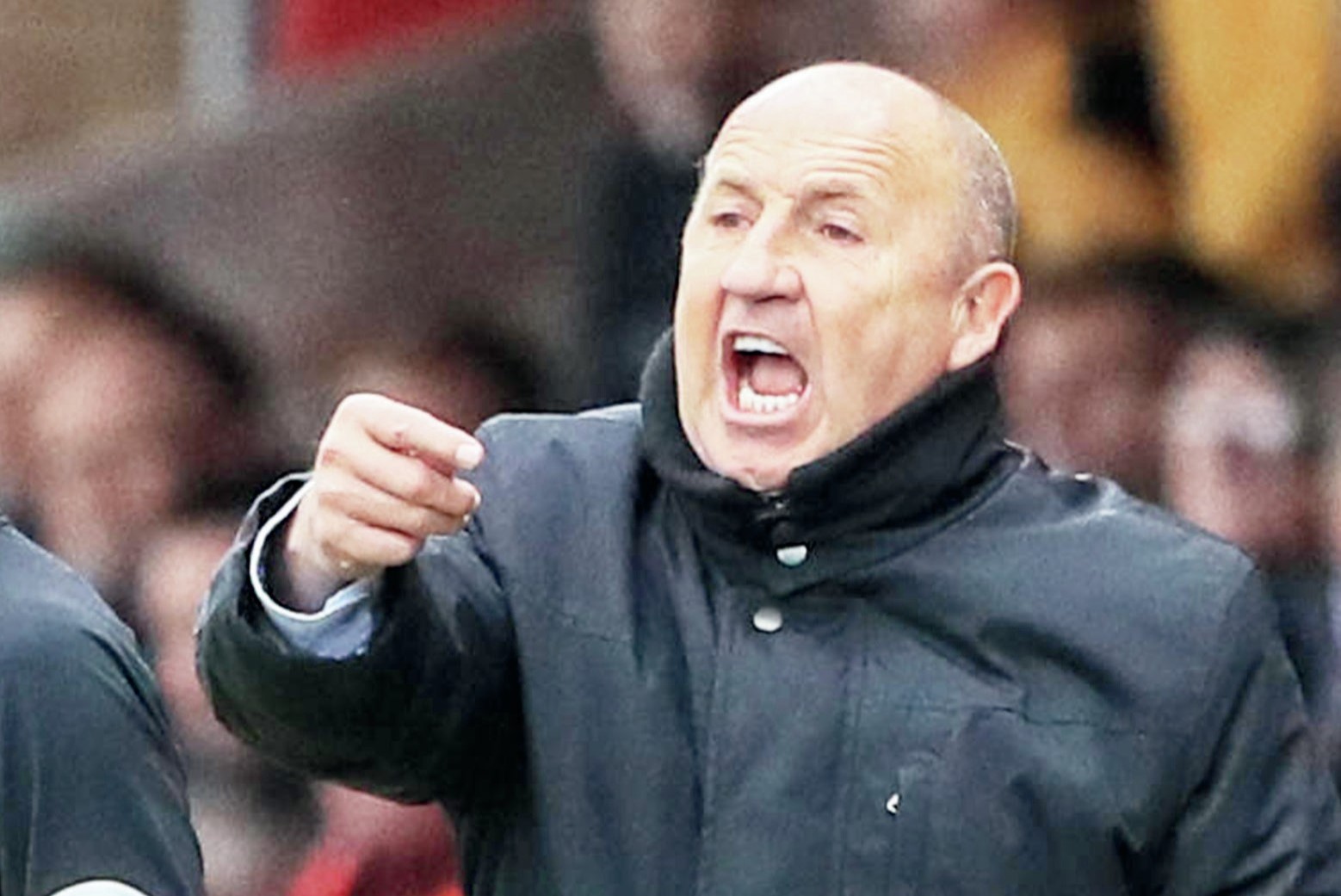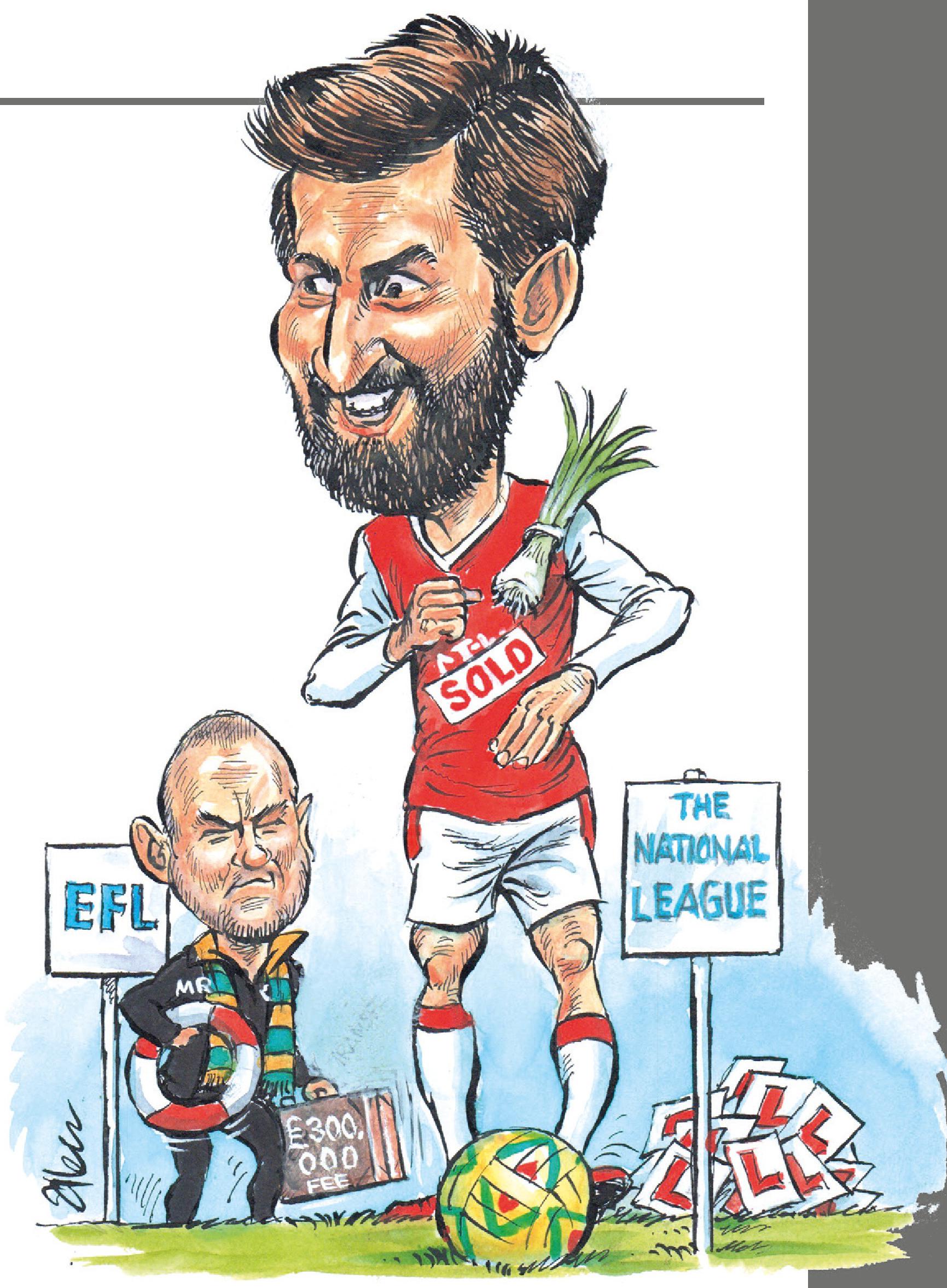
(Photo: Action Images via Reuters)
By Chris Dunlavy
DEEP in the bowels of Pittodrie, Alex Ferguson would plonk his players in front of a blackboard and dole out tactical advice.
Almost invariably, an arm would rise in protest. “Uh-oh,” the Aberdeen manager would mockingly lament. “Here we go again. It’s McGhee and his big words.”
Three decades on, Mark McGhee still doesn’t know when to keep quiet.
“I’ll always remember talking to Bill McGarry, who I played under at Newcastle,” said the Glaswegian, son of an electrical engineer and an infertility counsellor.
“I was managing Wolves at the time. He said ‘Mark, you talk too much. Tone it down a bit’. I tried to take his advice, give nothing away in media briefings. Then, somebody would say something interesting and I wasn’t able to stop myself.”
This notion of McGhee as an incorrigible conversationalist is, say those who know him, an accurate reflection of the 60-year-old Scot.
Surrounded by free-thinkers like Gordon Strachan and Willie Miller at Aberdeen, he challenged the boss’s patience as regularly as his ideas.
Ferguson, who famously pursued partying Man United stars, honed those skills chasing McGhee and Co round the granite city. Later, at Newcastle, McGhee was the strike partner and drinking buddy of legendary hell-raiser Micky Quinn. And, as manager with Motherwell, McGhee wrote a newspaper column and was a regular radio pundit.
“He’s very intelligent, very interesting, a good guy to have around,” said Strachan, a good friend who appointed McGhee his No.2 with Scotland in 2015.
Yet, for many years, McGhee was depicted as a dour careerist, a cash-chaser whose naked ambition knew no limits.
The result of a premature flit from Leicester to Wolves in 1995, it is McGhee’s greatest regret and the reason, he says, why management has left him unfulfilled.
The same certainly cannot be said of his playing days. A trainee architect at 20, McGhee rose from part-time obscurity with Morton to win two Scottish titles, three Scottish Cups and SFA Player of the Year in a trophy-laden career – all while completing his studies.
Part of the famous Aberdeen side that beat Real Madrid 2-1 to clinch the 1982-83 European Cup Winners’ Cup, it was McGhee’s cross that teed up John Hewitt’s winner.
“Mark took a long time to settle in Aberdeen,” recalled Ferguson, who paid Newcastle £70,000 in 1979 to make McGhee the first major signing of his eight-year stint at Pittodrie.
“A lot of people told me he was a waste of money. But I had great belief in him. It turned out to be one of the best bits of business we ever did. He was a strong, resilient character.”
Inconsistent, idiosyncratic and direct, McGhee’s amateur background made him an unpredictable opponent.
“Mark was unorthodox,” said Quinn, who joined Newcastle weeks after McGhee had returned to the club, via stints at Hamburg and Celtic, in 1989.
“We stayed in the hotel, then lived in the same street. We were good friends, but we didn’t blend on the pitch like Toshack and Keegan. Mark was a free spirit.
“He’d get the ball and drift left or right and drop deep. He’d turn defenders and drag them out of position. He would hold the ball up well for me to get into the box and score goals. He went where he wanted, but it worked.”
By that stage, Ferguson was on the path to greatness at United, yet he remained a major influence on McGhee.
In 1991, the Reds boss called Reading owner John Madejski and pushed McGhee’s claims for the vacant managerial post. Then he called McGhee.
“So you think you should still be playing at 34, eh?,” he said. “Why not try management? How about Reading?” All were rhetorical questions.
McGhee led the Royals to the Division Two title, then the cusp of the Premier League. Aged just 37, his stock soared. Then crashed.
His first mistake was to join a Leicester side doomed to Premier League relegation in December 1994. “That’s the decision I would change,” he once said. “If I’d stayed, Reading might have got promoted and I think I would have spent most of my career in the Premier League.”
His second came 12 months later, when he walked out to join Wolves. Labelled a Judas and pelted with chocolate coins by opposition fans, he was also wracked with guilt at having replaced so many of Leicester’s backroom staff.
“Those people had mortgages and families,” said McGhee, who has worked with existing club staff ever since. “I was embarrassed at the way I behaved there.”
Sacked by Wolves in 1998 after failing to win promotion, the intervening years briefly saw McGhee’s star rise again.
Promotion to the second tier at Millwall and Brighton was followed by European qualification with Motherwell in 2008-09. Celtic and Scotland sniffed around.
Neither plunged, and recent failures at Aberdeen and Bristol Rovers have all but ensured the Premier League dream is dead. Now, after a spell working under Strachan at Scotland, he is rebooting in the basement with Barnet.
“I was slightly surprised to see that,” said Adam Virgo, who played under McGhee at Brighton and Bristol. “But Mark is a very good communicator and very experienced.
“Things haven’t worked out for him recently, but he can still make you feel ten feet tall. He’s still very good at being honest, at analysing your game and telling you what you’re good at.
“He can maybe trust players a bit too much and he isn’t the most innovative as a coach. But if you want experience and stability, you can’t go far wrong.”













